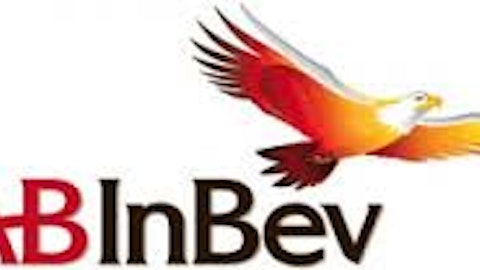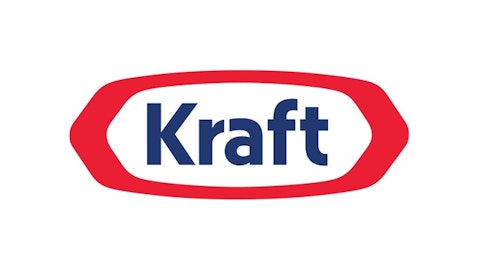
In this Friday, Aug. 9, 2013, photo, a tour group enters the vault exhibit containing the “secret recipe” for The Coca-Cola Company (NYSE:KO) at the World of Coca-Cola museum, in Atlanta. (AP Photo/David Goldman)
ATLANTA (AP) — The Coca-Cola Company (NYSE:KO) keeps the recipe for its 127-year-old soda pop inside an imposing steel vault that’s bathed in red security lights. Several cameras monitor the area to make sure the fizzy formula stays a secret.
But in one of the many signs that the surveillance is as much about theater as reality, the images that pop up on video screens are of smiling tourists waving at themselves.
“It’s a little bit for show,” concedes a guard at the World of The Coca-Cola Company (NYSE:KO) museum in downtown Atlanta, where the vault is revealed at the end of an exhibit in a puff of smoke.
The ability to push a quaint narrative about a product’s origins and fuel a sense of nostalgia can help drive billions of dollars in sales. That’s invaluable at a time when food makers face greater competition from smaller players and cheaper supermarket store brands that appeal to cash-strapped Americans.
It’s why companies such as The Coca-Cola Company (NYSE:KO) and Twinkies’ owner Hostess play up the notion that their recipes are sacred, unchanging documents that need to be closely guarded. As it turns out, some recipes have changed over time, while others may not have. Either way, they all stick to the same script that their formulas have remained the same.
John Ruff, who formerly headed research & development at Kraft Foods Group Inc (NASDAQ:KRFT), said companies often recalibrate ingredients for various reasons, including new regulations, fluctuations in commodity costs and other issues that impact mass food production.
“It’s almost this mythological thing, the secret formula,” said the president of the Institute of Food Technologists, which studies the science of food. “I would be amazed if formulas (for big brands) haven’t changed.”
This summer, the Twinkies cream-filled cakes many Americans grew up snacking on made a comeback after being off shelves for about nine months following the bankruptcy of Hostess Brands. At the time, the new owners promised the spongy yellow cakes would taste just like people remember.
A representative for Hostess, Hannah Arnold, said in an email that Twinkies today are “remarkably close to the original recipe,” noting that the first three ingredients are still enriched flour, water and sugar.
Yet a box of Twinkies now lists more than 25 ingredients and has a shelf-life of 45 days, almost three weeks longer than the 26 days from just a year ago. That suggests the ingredients have been tinkered with, to say the least, since they were created in 1930.
“When Twinkies first came out they were largely made from fresh ingredients,” notes Steve Ettlinger, author of Tinkie, Deconstructed,” which traced the roots of the cake’s many modern-day industrial ingredients.
For its part, KFC says it still strictly follows the recipe created in 1940 by its famously bearded founder, Colonel Harland Sanders. The chain understood the power of marketing early on, with Sanders originally dying his beard white to achieve a more grandfatherly look.




